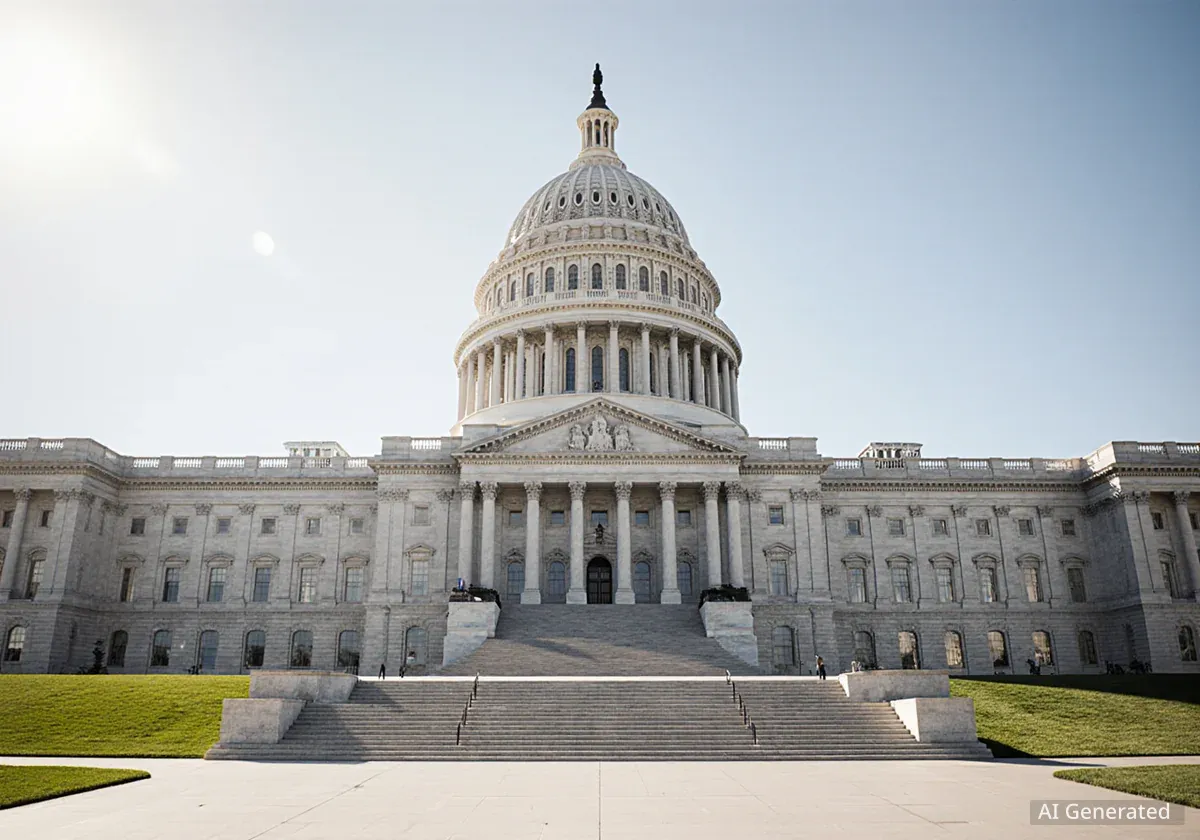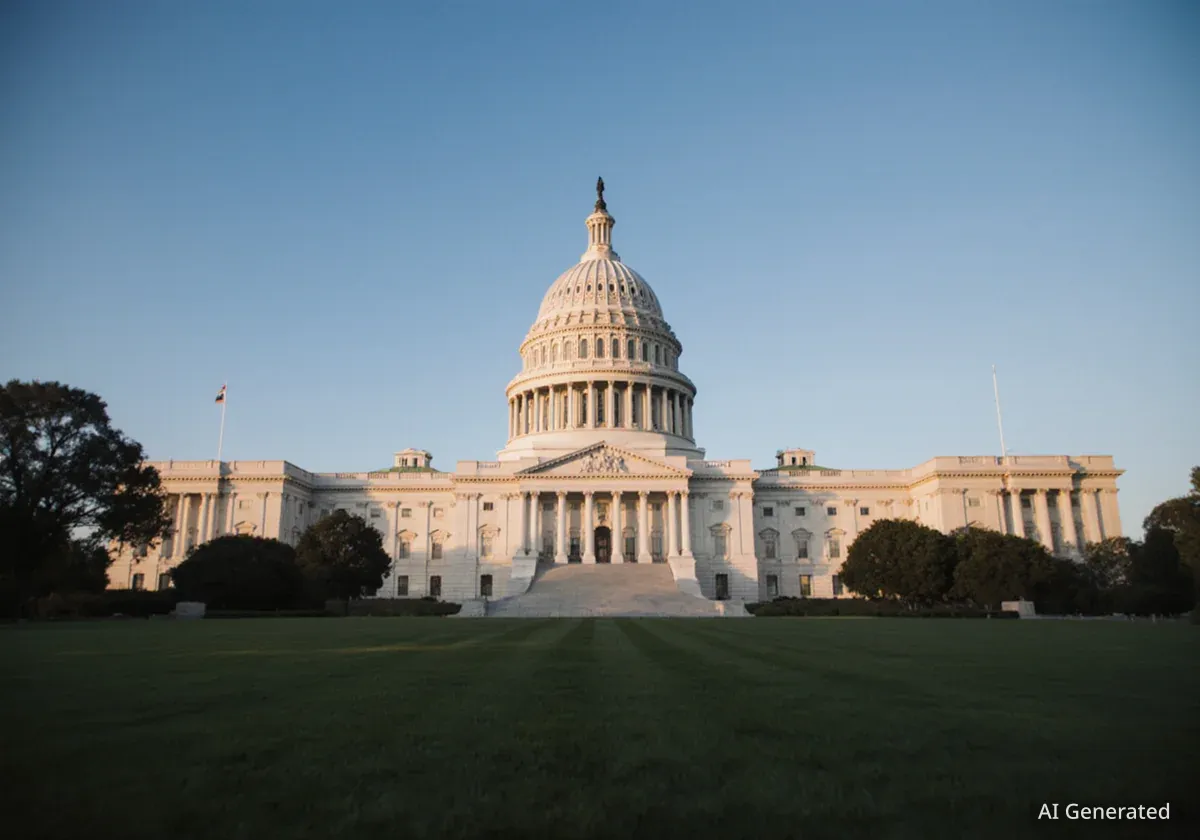A new approach to achieving peace in Gaza has been proposed by three prominent real estate figures: Donald Trump, Steve Witkoff, and Jared Kushner. This initiative aims to succeed where previous diplomatic efforts have not, by focusing on a different strategy for regional stability.
Key Takeaways
- Real estate figures Donald Trump, Steve Witkoff, and Jared Kushner have proposed a new Gaza peace plan.
- Their approach rejects traditional diplomatic methods, focusing instead on a “deal-making” philosophy.
- The plan aims to achieve peace without first establishing a Palestinian state.
- It emphasizes a strong stance against hostile actors and seeks cooperation from regional leaders.
A Shift from Traditional Diplomacy
For decades, international efforts to resolve the conflict in the Middle East have followed a consistent pattern. These efforts often involved soldiers, lawmakers, and ambassadors. The primary focus was on land-for-peace exchanges and the establishment of a Palestinian state as a prerequisite for regional stability. However, many of these initiatives did not result in lasting peace.
During the Six-Day War in June 1967, Israel gained control of Arab territories. Subsequent diplomatic attempts sought to use this land as leverage for peace. The 1979 Camp David Accords, signed by Egypt and Israel, aimed to end hostilities, promising “no more wars, no more bloodshed.” In 1993, the Oslo Accords between Israel and the Palestinian Liberation Organization (PLO) suggested a “New Middle East” free of conflict and borders. Despite these significant agreements, enduring peace remained elusive.
Historical Context of Peace Efforts
Past peace initiatives often centered on land concessions and the creation of a Palestinian state. Key agreements like the Camp David Accords (1979) and Oslo Accords (1993) sought to resolve territorial disputes and establish frameworks for coexistence. Despite these efforts, a comprehensive and lasting peace has not been achieved.
The Real Estate Moguls' Perspective
Donald Trump, Steve Witkoff, and Jared Kushner, known for their expertise in urban property development and golf resorts, have introduced a different strategy. Their approach is rooted in their experience with complex negotiations and deal-making. They believe this background offers a new pathway to peace.
This team operates outside the conventional framework of Middle East experts. They reject the long-held belief that no Arab state would normalize relations with Israel before the creation of a Palestinian state. This foundational difference shapes their entire peace strategy.
"The expert class believed that peace depended on pressuring Israel and appeasing its enemies. Trump and his allies succeeded by rejecting that myth."
— Michael Oren
Core Tenets of the Proposed Plan
The Trump team’s plan for Gaza incorporates several key principles that diverge from previous diplomatic efforts. First, they do not subscribe to the idea that Israel should adopt a defensive posture in response to threats. Instead, they advocate for a more assertive stance against groups attempting to destabilize the region.
Second, they challenge the notion that strategic advantage in the Middle East can be gained through “soft power” alone. Their approach suggests a more direct and firm engagement with regional actors. This includes dealing with nations like Iran and its proxies, without expecting them to become responsible partners through incentives alone.
Key Differences in Approach
- Traditional View: Peace requires a Palestinian state first.
- Trump Team View: Peace can be achieved through direct deals, independent of Palestinian statehood.
- Traditional View: Soft power and appeasement are effective.
- Trump Team View: Strong stance against hostile actors is necessary.
Engaging Regional Leaders
A central part of their strategy involves direct engagement with Israeli and Arab leaders. The Trump team believes that gaining cooperation from these leaders does not involve “cold-shouldering or browbeating them.” Instead, they aim for a more transactional and results-oriented dialogue.
Furthermore, the plan dismisses the idea that cutting off military aid to Israel, isolating it internationally, or accusing it of war crimes would lead to peace. They view such actions as counterproductive. This perspective underscores their belief in supporting allies and maintaining a strong regional presence.
According to Michael Oren, a notable aspect of this strategy is its rejection of conventional wisdom. Oren highlights that the team's success stems from their willingness to challenge established diplomatic norms and pursue alternative solutions. Their background in real estate, where deals are paramount, informs this pragmatic approach.
Economic Development as a Peace Catalyst
While the specifics of the 21-point plan are detailed, a core element is the focus on economic development. Real estate developers understand the power of investment and infrastructure in transforming communities. It is likely that their plan integrates significant economic components aimed at improving living conditions and creating opportunities in the region.
This focus on economic growth could potentially create shared interests among different parties. When economic prosperity is a mutual goal, it can sometimes override political disagreements. This forms a foundation for cooperation that traditional political negotiations might miss.
The success of such a plan would depend on several factors. These include the willingness of regional leaders to embrace a non-traditional framework. It also relies on the ability to translate real estate and business negotiation tactics into complex international diplomacy.
Future Implications and Challenges
The proposed plan represents a significant departure from long-standing international policy. It seeks to bypass previous failures by implementing a fresh perspective. The architects of this plan believe their business acumen provides a unique advantage in achieving breakthroughs.
However, the path to peace in the Middle East is historically complex. Numerous political, religious, and social factors contribute to ongoing tensions. Any new initiative faces considerable challenges, regardless of its innovative approach.
Observers will closely watch how this real estate-driven peace strategy unfolds. Its effectiveness will be measured by its ability to foster stability and cooperation in a region long marked by conflict. The long-term impact on regional dynamics remains to be seen.





